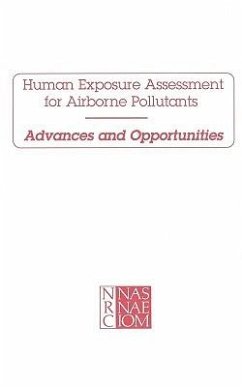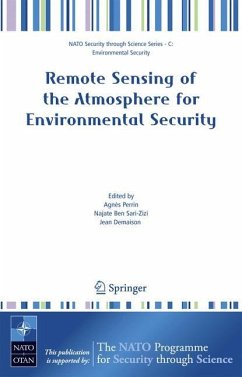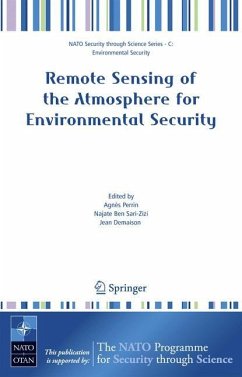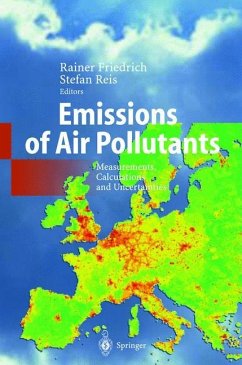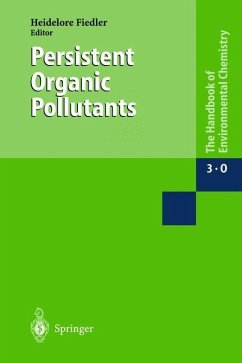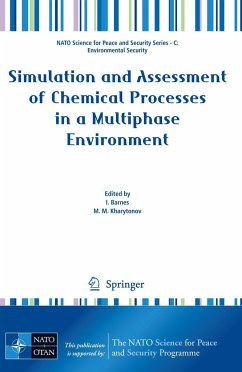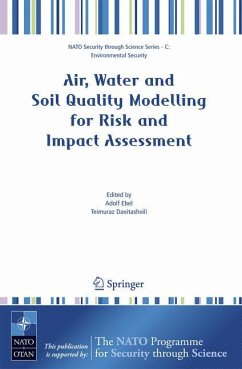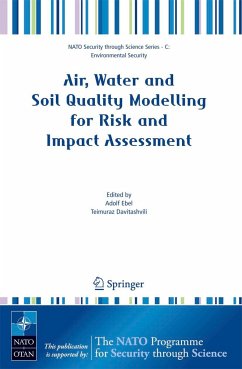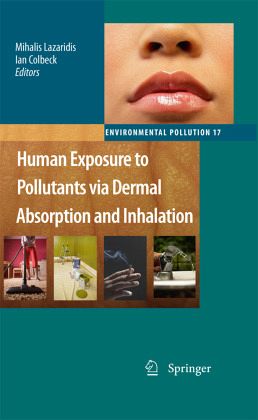
Human Exposure to Pollutants via Dermal Absorption and Inhalation
Versandkostenfrei!
Versandfertig in 6-10 Tagen
113,99 €
inkl. MwSt.

PAYBACK Punkte
57 °P sammeln!
Estimates of the air pollution health impact play a crucial role in environmental protection. These estimates require accurate data on the pollutant exposure and dose to the population as well as the dose-response relationships to calculate the health impact. From an air quality manager's perspective there is concern about the validity and accuracy of these calculations. There is a need for information and possible ways to adjust the assessment. One important topic for air quality managers is to understand the relative cont- bution of sources to the total exposure. These sources may be coming ...
Estimates of the air pollution health impact play a crucial role in environmental protection. These estimates require accurate data on the pollutant exposure and dose to the population as well as the dose-response relationships to calculate the health impact. From an air quality manager's perspective there is concern about the validity and accuracy of these calculations. There is a need for information and possible ways to adjust the assessment. One important topic for air quality managers is to understand the relative cont- bution of sources to the total exposure. These sources may be coming from both different outdoor sources from sectors such as transport, industry and energy ind- tries, and from a number of indoor sources, such as heating, ventilation and indoor activities as well as out-gassing from building material and furniture. Indoor air quality is now drawing the attention of policy makers. The basic right to, and importance of, healthy indoor air was emphasized by theWorld Health Organization as early as 2000 and several countries have described target conc- trations for various pollutants. The WHO Air Quality Guidelines 2005 rec- mended the development of specific guidelines for indoor air quality and these are expected to be published soon. Indoor air pollutants have not been as extensively monitored as outdoor air pollutants and the evidence base for contributions to health effects needs to be strengthened.



